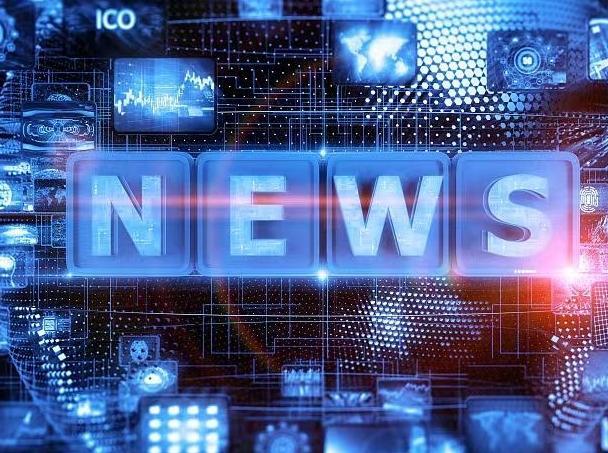An Example of Int'l Cooperation: China and CIMMYT

Dr. Awais Rasheed inspects the growth of wheat in Pakistan. (COURTESY PHOTO)
By?BI?Weizi?&?CHEN?Chunyou
Awais Rasheed is an assistant professor at Quaid-i-Azam University, Pakistan, and an adjunct scientist at the International Maize and Wheat Improvement Center (CIMMYT).
Having worked full-time at the Institute of Crop Science, Chinese Academy of Agricultural Sciences (ICS-CAAS) for eight years, Rasheed has established a high-throughput KASP molecular breeding platform and made outstanding contributions to promoting China-Pakistan cooperation.
He has discovered and validated 90 KASP markers available for wheat breeding, accounting for 60 percent of similar markers internationally, which are widely used in China and 15 other countries, including Australia and the U.S. In 2022, he was bestowed with Zhuang Qiaosheng Wheat Research International Cooperation Award.
Rasheed recently spoke to Science and Technology Daily about his pleasant experience working in China and the importance of international cooperation to address the global food security crisis.
S&T Daily: Why did you choose to do your postdoctoral research at CAAS?
Rasheed: I spent six months at CAAS as part of my PhD work. When I finished my experiments in May 2014, I was very clear about continuing my studies at CAAS. I was very impressed by the vision of CAAS scientists on food security, the scientific facilities, and the friendly working environment.
S&T Daily: What do you think about the policies introduced by the Chinese government to attract foreign experts?
Rasheed: There is no doubt that China's technological pace is accelerating day by day, and China has quickly become one of the world leaders in scientific and technological innovation. Most of the credit goes to the policies of the Chinese government to create a conducive environment for scientists to promote innovation. The Chinese government has introduced some good scientific talent programs to attract young scientists, not only from China but also from abroad so that they can work with peace of mind and play their role in scientific progress. There are special research funds for young scientists, and talented young scientists are given due recognition and awards at both research institutes and national levels for their achievements.
My overall research experience in China is very pleasant. The support from senior colleagues is tremendous. There are excellent research facilities at ICS-CAAS for my research. The administration at ICS-CAAS is always available to help me with any problems.
S&T Daily: Can you tell us how your academic research helps people? And what's the biggest challenge in transforming this research into practice?
Rasheed: It is unfortunate that we still have a lot of work to do to overcome the food crisis at the global level, both in terms of research and policy. I am very pleased to say that our work has made a very significant contribution to the development of new high-yielding wheat varieties for farmers. The molecular marker technologies we developed at ICS-CAAS were quickly adopted by international research institutes around the world and have been widely used in wheat breeding.
However, the adoption of these new technologies by scientists from developing countries is still a big challenge. We have developed new projects to train Pakistani scientists in the use of these new technologies, in order to help them effectively develop high-yielding varieties for Pakistani farmers.
S&T Daily: As a researcher both at China and CIMMYT, could you introduce some significant collaboration cases over the past decades?
Rasheed: The collaboration between China and CIMMYT has been very successful and can serve as an example. CIMMYT provides improved wheat germplasm and trains Chinese scientists in specific aspects, while on the other hand, several marker technologies developed at ICS-CAAS are used by CIMMYT scientists in their research. This two-way relationship has had the greatest impact on the development of high-yielding wheat varieties for smallholder farmers in China and around the world.
S&T Daily: What do you think about the importance of international cooperation in science and technology?
Rasheed: International cooperation helps us to learn from each other's experiences and provides us with a different perspective to apply our knowledge for the benefit of human society. With broad and effective international cooperation, our work can have a great impact worldwide.
S&T Daily: 2023 marks the 10th anniversary of the Belt and Road Initiative (BRI), how does it help Pakistan accelerate its economic development and reduce poverty?
Rasheed: In Pakistan, the China-Pakistan Economic Corridor (CPEC) is the flagship project of the BRI. CPEC has entered its second phase, which is even more promising as it broadens the scope of cooperation and focuses on socioeconomic development, science and technology, agricultural cooperation and industrialization. We now see several projects in the energy, agriculture and industrial sectors as part of the BRI, which will help Pakistan achieve significant economic development and poverty reduction.
???
This article is also contributed by CAAS.
???







